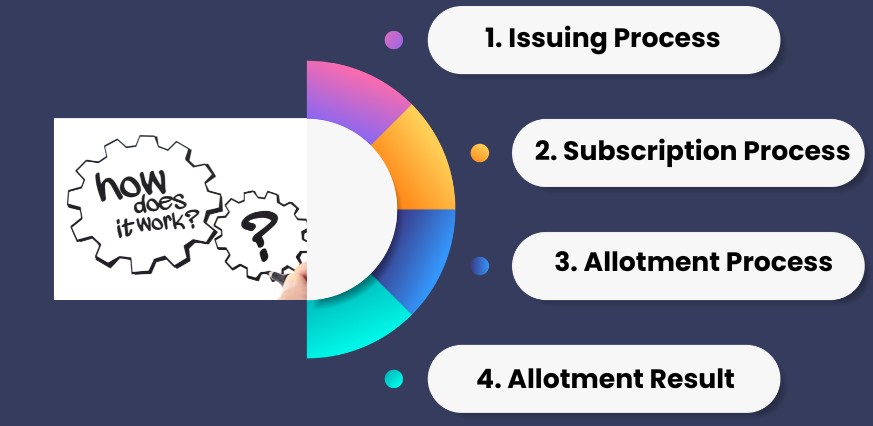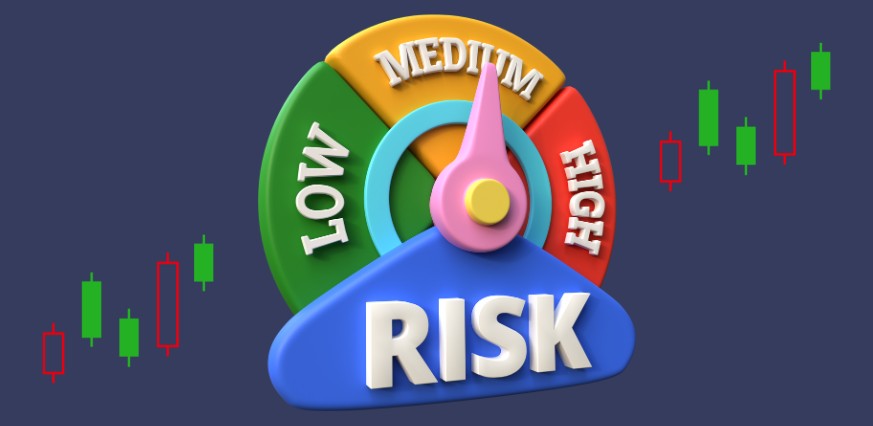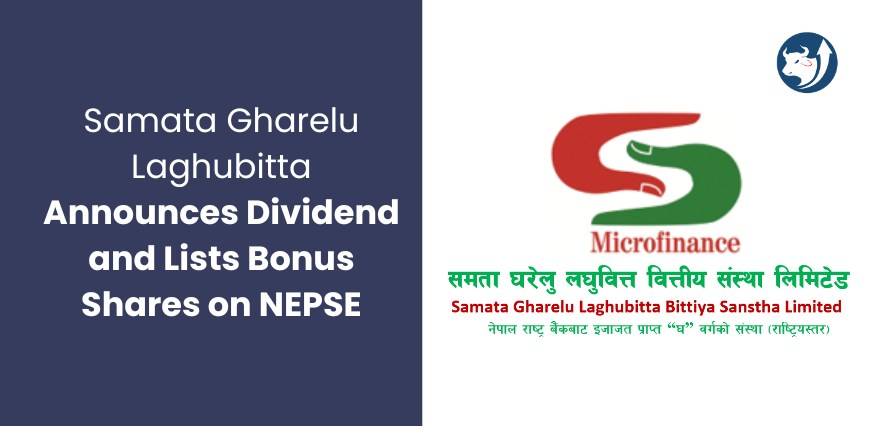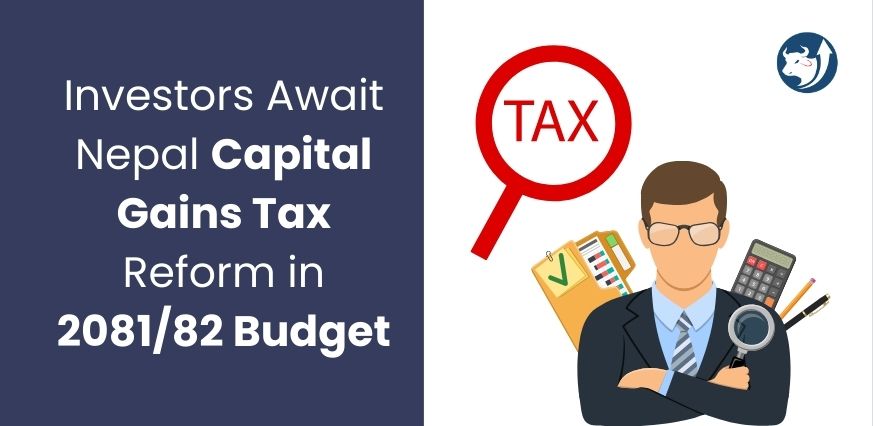The primary market is your gateway to the stock market. The primary market allows you to apply for new shares of a listed company for the first time.
Investing in the stock market can seem difficult, especially for beginners. However, understanding the primary share market is essential for investing in stocks. Investing in the primary share market is comparatively less risky than the secondary market. To invest in the primary share market you should open your DEMAT account and need a Mero share account to apply for IPOs.
In this article, you will explore what is the primary market, how it works, its advantages, risks associated, and tips for investing wisely.
How Does Primary Share Market Work?

Understanding the working process of the primary share market is important for investors to make informed decisions. Following are the key points on the working of the primary markets.
Issuing Process
Companies planning to issue shares in the primary market appoint an investment bank as an underwriter. The underwriter assists in determining the offer price, marketing the offering, and handling the regulatory requirements. Once everything is in place, the company issues the shares to the public.
Subscription Process
During the subscription period, investors can apply for shares through various channels, such as online platforms or physical forms provided by the company or its agents. Investors need to specify the number of shares they wish to buy and the price they are willing to pay.
Allotment Process
After the subscription period ends, the allotment process starts. The company, in consultation with the underwriter, determines the allotment of shares based on factors like demand, price, and regulatory requirements. Allotment status is then communicated to the investors.
What shares are issued in the primary market in Nepal?
The primary market allows the investors to purchase these three types of issues:
- IPO (Initial Public Offering): An Initial Public Offering (IPO) is when a company offers its shares to the public for the first time. It is an important event for the company because it has switched from privately owned to publicly traded. Investors can buy shares directly from the company during this phase.
- Right shares: A Rights Issue occurs when a company offers additional shares to its existing shareholders. These shares are usually offered at a discounted price compared to the market price. Shareholders have the option to buy these shares in proportion to their existing holdings.
- FPO (Follow-Up Public Offer): FPO is When the company has already issued its IPO and decides to issue shares again, it is called an FPO or Follow-Up Public Offering). This is usually done when the company requires more capital funding.
- Preferential Allotment: Preferential Allotment is when a company issues shares to a select group of investors on a preferential basis. This could include promoters, strategic investors, or institutional investors. It is often done to raise capital quickly without going through the lengthy process of an IPO.
Risks Associated with Primary Share Market Investments

There are some risks associated with investing in the primary market, the risks are as follows:
Market Risk
Market conditions have a major effect on the performance of newly issued shares. Market fluctuations may affect share prices, which may cause investors to lose money.
Company-Specific Risk
The performance of a company in the primary share market depends on various factors such as management quality, industry trends, and competitive situation. Poor performance or unexpected events can negatively affect the company’s share price.
Liquidity Risk
Shares issued in the primary share market may not always have a liquid market, which makes it difficult for investors to buy or sell shares at their desired price.
Advantages of Investing in the Primary Share Market
Investing in the primary market offers several advantages for investors.
Potential for Higher Returns
Investing in companies during their early stages of growth can yield higher returns than investing in already established companies.
Participating in a Company’s Growth
By investing in the primary market, investors become part-owners of the company and can benefit from its growth and success over time.
Access to Fresh Equity
Investing in primary shares allows companies to raise fresh equity, which they can use for expansion, innovation, or debt repayment.
Tips for Investing in Primary Market
To make your investment successful in the primary market, consider the following tips:
Conducting Research
Before investing, research the company’s fundamentals, including its business model, financial health, and growth prospects completely.
Understanding the Company
Understand the industry in which the company operates, its competitors, and any regulatory or market dynamics that may affect its performance.
Assessing Risk Tolerance
Before investing in the primary share market, you should understand your risk tolerance and investment objectives. Think about your investing horizon, financial circumstances, and comfort level with market volatility.
In conclusion, the Nepal share market consists of primary and secondary share markets. The primary share market is the market for beginners, in the sense they have to explore this market to get to the secondary market. The secondary market is even more vast than the primary market, so new investors must understand the workings of the primary market to become successful investors and traders.
You may also like:
- What are the benefits of owning a share
- Basics to know before starting investment in Share Market
- What are the basic requirements for share trading
FAQs
Can you sell in the primary market?
No, you cannot sell shares in the primary market.
What can you do in the primary market?
You can buy shares of the listed company in the primary market.
What is Nepal’s primary share market?
Nepal’s primary share market is the market where the company issues its shares. Interested investors can purchase these issued shares in the market.
What is the full form of IPO?
The full form of IPO is an Initial Public Offering.
What is the full form of FPO?
The full form of FPO is a Follow-on Public Offering.
What are right share?
The right shares are the shares that offer the existing shareholders the first right to buy them.





